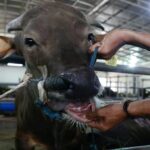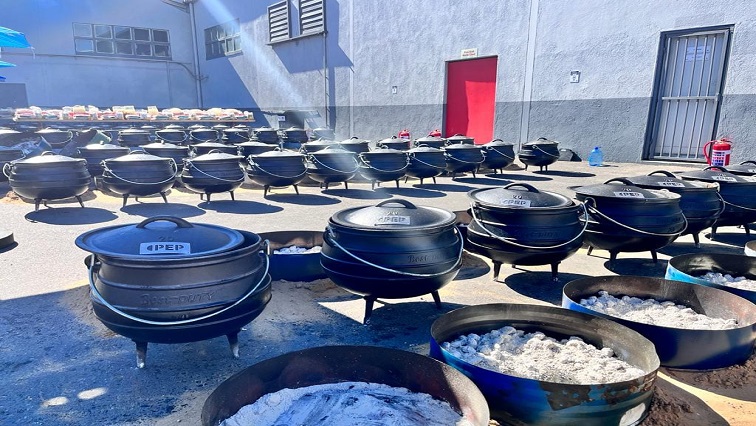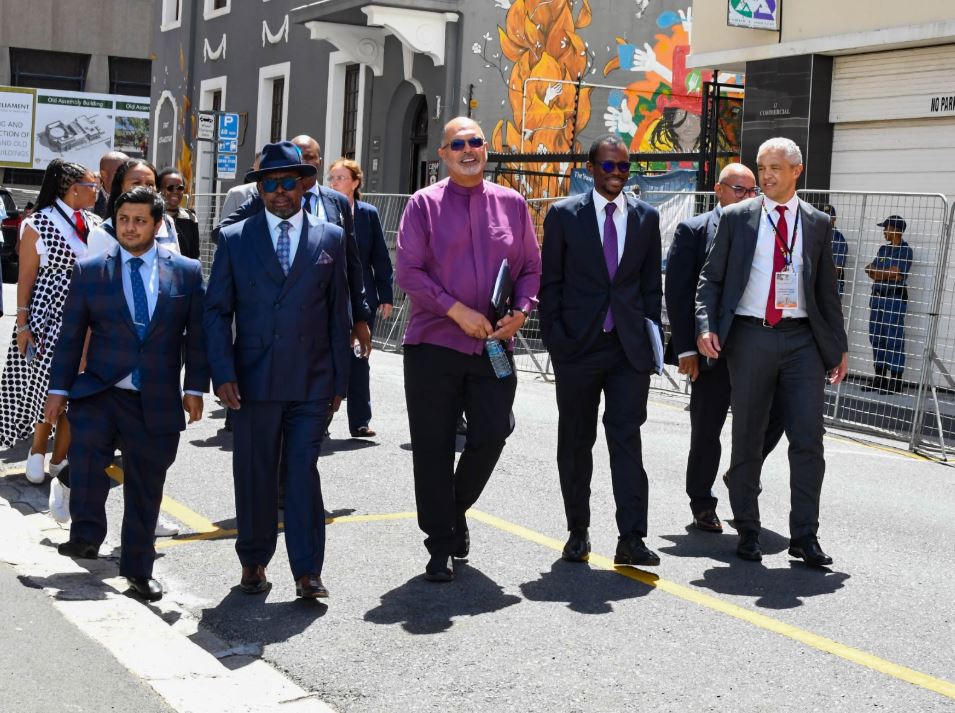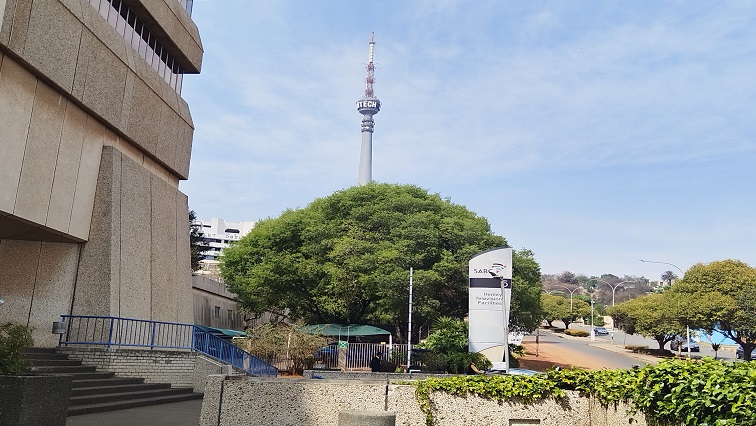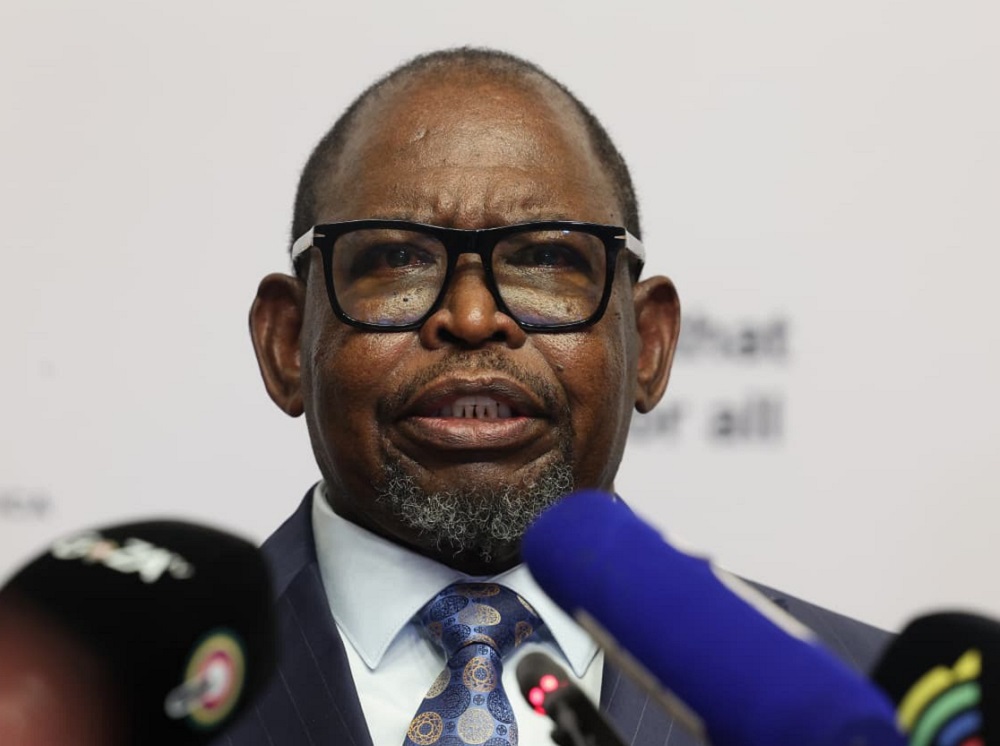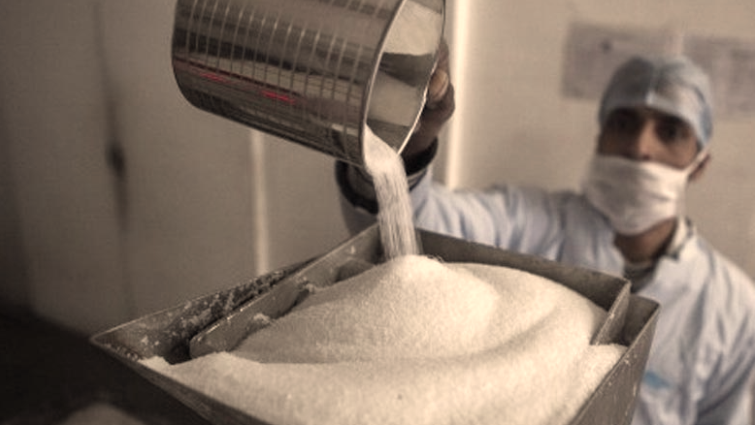-
Potjie pots
The Department of Electricity and Energy will launch a legacy project aligned to the G20 Clean Cooking Outcome, to accelerate investment in clean cooking in Africa.
The department’s Energy Transition working group held its third technical meeting in Sun City, and touched on the implementation of Just Energy Transition programmes, which include clean cooking.
According to the International Energy Agency, four in five families across the continent still cook with polluting fuels like wood, charcoal or dung, often over open fires or basic stoves.
These practices contribute to over 800 000 premature deaths each year due to household air pollution.
Matsatseng Village, 30 kilometres from Mahikeng has been in existence for years still does not have electricity.
One of the residents Karlina Nabe, says they survive by living like in the olden days using open fires to cook.
“Yes we grew up cooking on the bonfire, but we need better ways of cooking. We need government to help us with electricity. We can’t grow up and die using these methods of cooking. I used to have great eyesight but now my eyes are always itching. I can’t even see when I write.”
Electricity and Energy deputy minister, Samantha Graham-Maré says this also affects those who can’t afford electricity.
“What we’re finding now is that with the cost of electricity going up, people are now having to make choices. Do I buy food, do I buy electricity? So with that happening they are now resorting to alternative methods of cooking and that is creating a harmful environment for women, particularly and for children. So, within the continent of Africa, 500 000 women and children die prematurely every year as a result of the toxins that are released from the fuels that they are using to cook. So, we’re trying to eliminate that throughout Africa and in South Africa, we’re trying to find an alternative to electricity so that we can find cheaper ways for people to actually be able to cook.”






